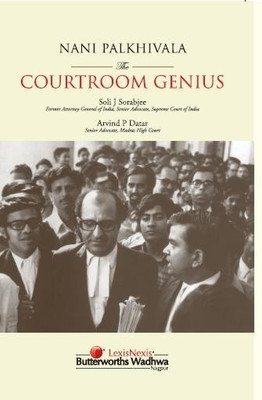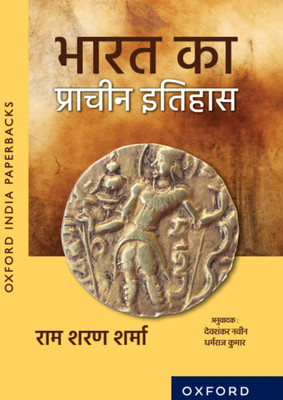
Righteous Republic (English, Hardcover, Vajpeyi Ananya)
- Language: English
- Binding: Hardcover
- Publisher: Harvard University Press
- Genre: Law
- ISBN: 9780674048959, 9780674048959
- Pages: 368
- Cash on Delivery available?
Righteous Republic: The Political Foundations Of Modern India talks about how five of the founding fathers of modern India revisited ancient Indian literature in order to create a modern Indian political tradition.
Summary Of The Book
Much has been spoken about India’s political traditions having their roots planted in Western political thought. Much less has been spoken about how India’s political tradition is also influenced in several ways by India’s own ancient political thought and tradition. Historian Ananya Vajpeyi goes about showing her readers how five of the great founding fathers of India, Rabindranath Tagore, Jawaharlal Nehru, Mohandas Gandhi, Abanindranath Tagore, and B. R. Ambedkar, kept going back to the ancient Indian texts for creating a political tradition that was true to India.
In Righteous Republic: The Political Foundations Of Modern India, these five political thinkers are shown to have to revisited philosophical texts like The Bhagavad Gita, and other great Indian philosophical works, including Buddhist literature, the edicts of Emperor Ashoka, Sanskrit poetry, and the architectural and artistic achievements of the Mughal Empire to set the way forward.
These thinkers weren’t searching for a particular system or tradition in these texts so that they could use it in the present. They weren’t even looking to revive these ancient modes of thought. Instead, they were seeking to reinvent the wheel. In this way, we come across a group of original, synthetic, and cosmopolitan thinkers who were able to blend the best of both worlds, Eastern and Western. Additionally, they were able to tackle both questions at once, one dealing with politics and the other with religion, and come out with a singularly focussed system.
Thanks to these political thinkers, India is now a nation-state that juxtaposes the wisdom of the West with the wisdom of the East, and in particular, India. This is why today India is a nation that stands tall and solid on its political foundations. By going against the popular understanding of the roots of India’s political thought, historian Ananya Vajpeyi treads the path less travelled in this amazing work of scholarship.
Righteous Republic: The Political Foundations Of Modern India was called the book of the year 2012 by The New Republic magazine in the US and The Guardian newspaper in the UK. It was awarded the Thomas J. Wilson Memorial Prize by Harvard University Press.
About Ananya Vajpeyi
Ananya Vajpeyi is an author and the assistant professor at the Centre for the Study of Developing Societies (CSDS).
Vajpeyi graduated from the Jawaharlal Nehru University with an MA and attended the University of Oxford as a Rhodes Scholar. She graduated from Oxford University with an MPhil and later received her PhD from the University of Chicago. She has held several teaching positions, including in National Law School of India University, Bangalore, University of Massachusetts, Boston, and Columbia University. In addition to also having held postdoctoral positions, she has been a senior fellow with the American Institute of Indian Studies and an IDRC visiting fellow at CSDS. She writes plenty of journalistic and scholarly articles for newspapers and magazines worldwide, in addition to opinion, nonfiction, and fiction pieces. Her columns are regularly published in The Caravan and The Telegraph.
| Imprint |
|
| Height |
|
| Length |
|
| Weight |
|
- 5★
- 4★
- 3★
- 2★
- 1★
- 4
- 2
- 0
- 1
- 2










